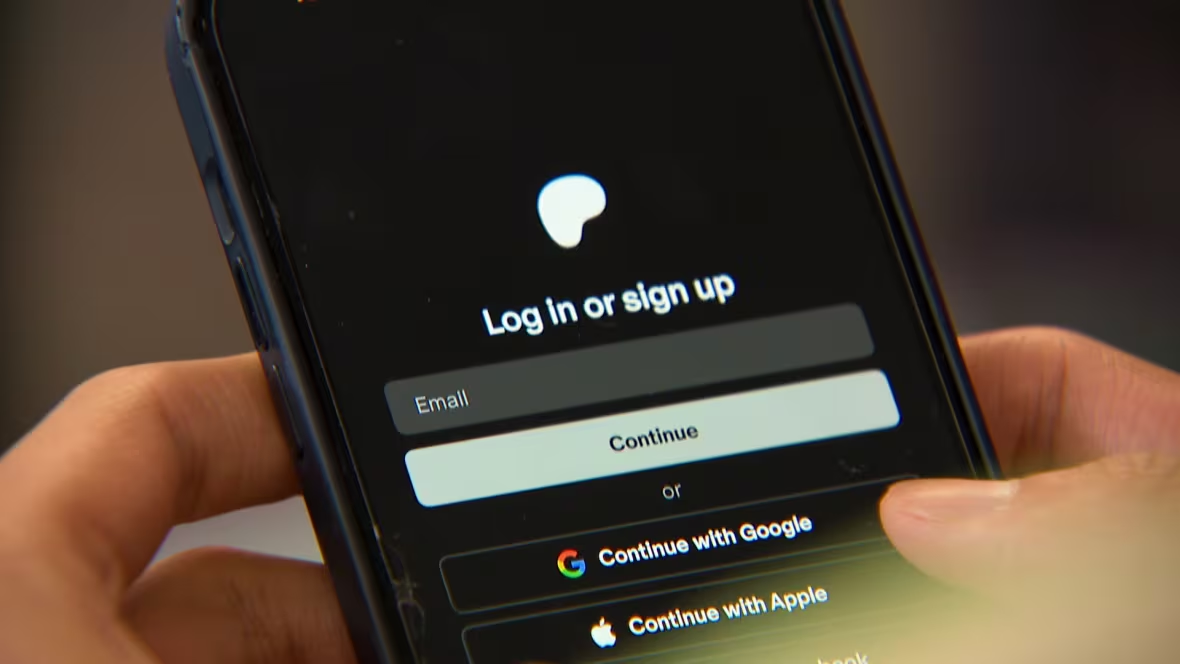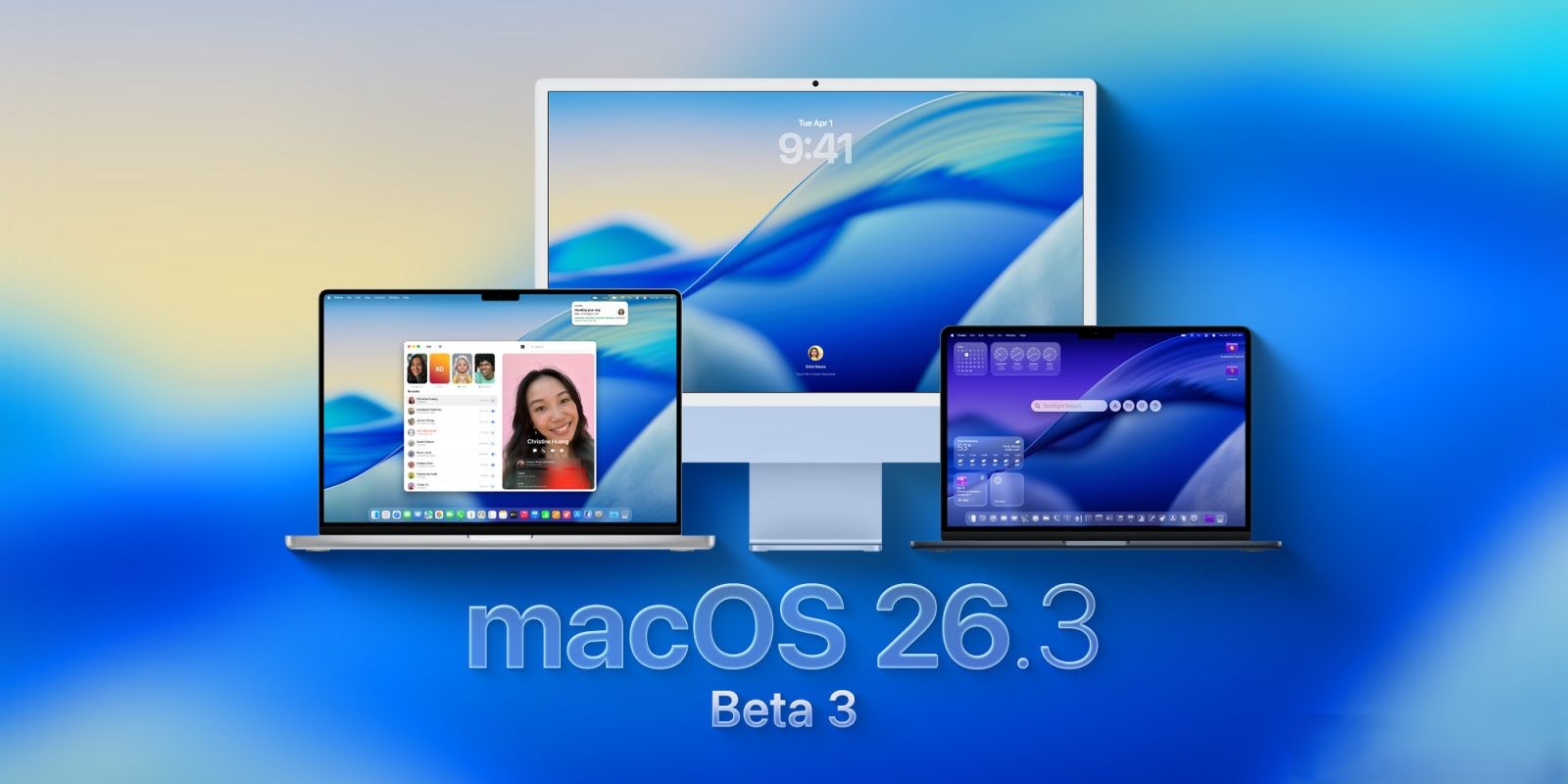In a significant update, Patreon has enhanced its iOS application to incorporate third-party payment options, aligning with a recent U.S. court ruling that mandates Apple to permit alternative payment methods within apps. This development, introduced in version 125.5.0 of the Patreon app, empowers users to finalize transactions through external platforms such as credit cards, PayPal, and Venmo, circumventing Apple’s in-app purchase system.
Background and Context
Historically, Apple’s App Store guidelines required that all digital goods and services offered within iOS applications utilize Apple’s in-app purchase system, which imposes a 30% commission on transactions. This policy has been a point of contention among developers, who argue that it limits their ability to offer competitive pricing and alternative payment options to their users.
The landscape shifted following a landmark antitrust lawsuit initiated by Epic Games, the creator of Fortnite. The case challenged Apple’s restrictive payment policies, leading to a U.S. court ruling on April 30, 2025, that prohibited Apple from preventing app developers from including links to external payment methods within their applications. This ruling compelled Apple to revise its App Store guidelines, thereby allowing developers to offer alternative payment options.
Patreon’s Response to the Ruling
In response to the court’s decision, Patreon promptly updated its iOS app to integrate third-party payment links. The latest version of the app features a prominent Join button that directs users to Patreon’s web-based checkout process, where they can complete transactions using various payment methods, including credit cards, PayPal, and Venmo. While Apple’s in-app purchase option remains available, it is now presented in a less conspicuous manner beneath the main button, indicating Patreon’s preference for users to utilize external payment methods.
This strategic update allows Patreon to offer a more flexible and cost-effective payment experience for its users. By directing transactions through external platforms, Patreon enables creators to retain a larger portion of their earnings, as they are no longer subject to Apple’s 30% commission on in-app purchases.
Implications for Creators and Users
For creators, this update signifies a substantial shift in how they can monetize their content on the iOS platform. Previously, the mandatory use of Apple’s in-app purchase system meant that a significant portion of their revenue was allocated to Apple’s commission fees. With the introduction of third-party payment options, creators can now receive a higher percentage of the funds contributed by their supporters, enhancing their overall earnings.
Users also benefit from this change, as they are provided with more payment options and potentially lower costs. By utilizing external payment methods, users may avoid the price increases that were often implemented to offset Apple’s commission fees. This development fosters a more user-friendly and economically efficient environment for both creators and supporters on the Patreon platform.
Broader Industry Impact
Patreon’s swift adaptation to the court ruling reflects a broader trend within the app development industry. Other major platforms, such as Spotify and Kindle, have also updated their iOS applications to include links to external payment methods, signaling a collective move towards greater payment flexibility and autonomy from Apple’s in-app purchase system.
This shift has the potential to reshape the app economy by encouraging more developers to offer alternative payment options, thereby fostering increased competition and innovation. It also places pressure on Apple to reconsider its App Store policies and commission structures to maintain positive relationships with developers and users alike.
Future Outlook
Looking ahead, it remains to be seen how Apple will respond to the growing adoption of third-party payment options within iOS applications. While the court ruling mandates that Apple allow these alternatives, the company may explore new strategies to maintain its revenue streams and control over the App Store ecosystem.
For Patreon, the integration of third-party payments represents a significant step towards empowering creators and enhancing user experience. By embracing this change, Patreon not only complies with legal requirements but also positions itself as a platform that prioritizes the needs and interests of its community.
Conclusion
Patreon’s update to support third-party payments in its iOS app marks a pivotal moment in the ongoing discourse surrounding app store policies and developer autonomy. This development not only benefits creators and users by offering more flexible and cost-effective payment options but also sets a precedent for other platforms to follow. As the industry continues to evolve, such changes underscore the importance of adaptability and responsiveness to legal and market dynamics.



